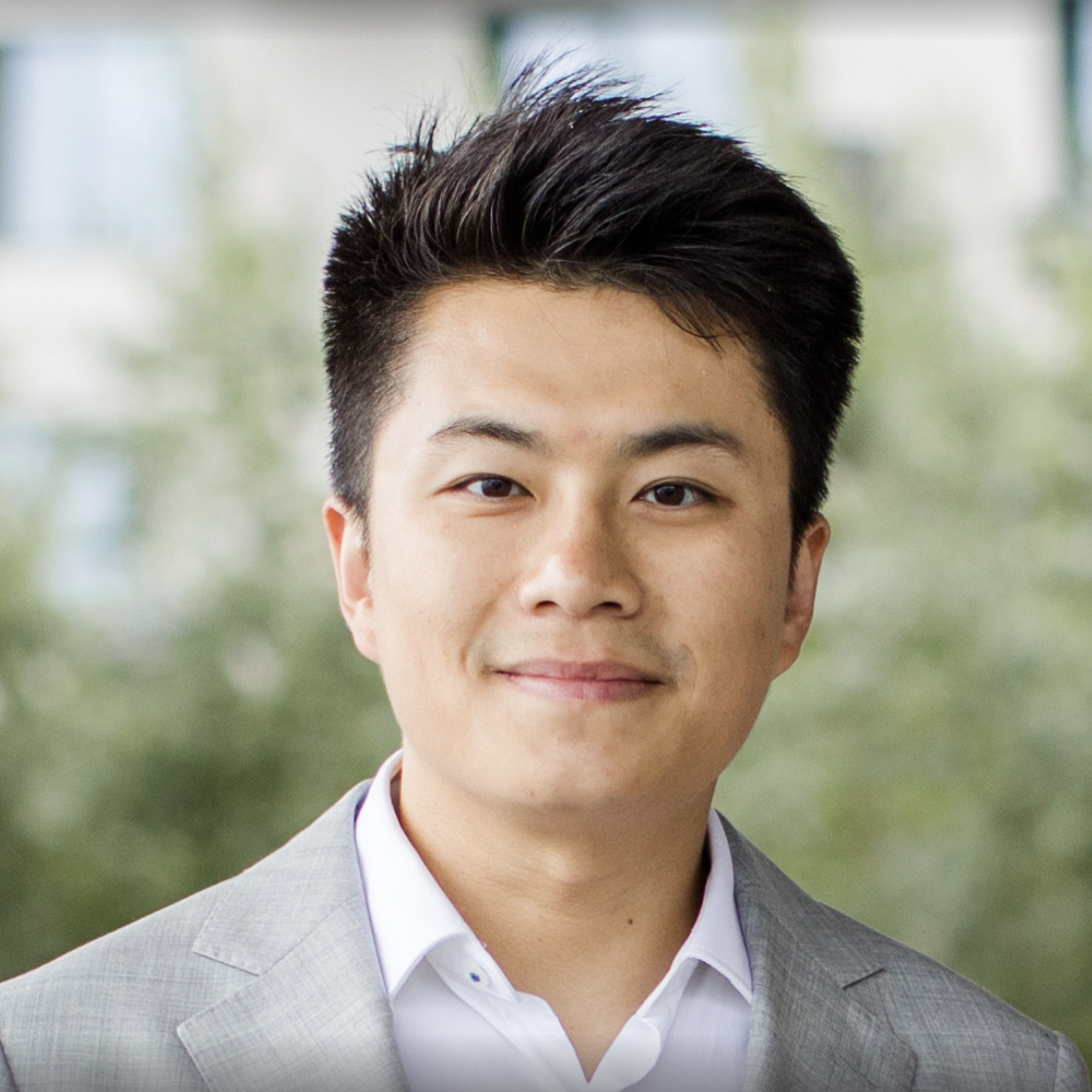Rongxin Fang (Principal investigator)
Rongxin is an Assistant Professor at Stanford University in the Departments of Neurosurgery and Genetics (by courtesy) and a member of the Wu Tsai Neuroscience Institute.
Rongxin received his Ph.D. in Bioinformatics and Systems Biology at UC San Diego, where he was advised by Bing Ren (2015-2019). During this time, he developed high-throughput genomic technologies and computational tools to map the structure and activity of the mammalian genome at a large scale with single-cell resolution. He then applied these approaches to understand how cis-regulatory elements such as enhancers in the genome control gene expression and how this process can give rise to the distinct gene expression programs that underlie the cellular diversity in the mammalian brain.
As an HHMI-Damon Runyon Postdoctoral Fellow at Harvard University (2019-2024), he worked with Xiaowei Zhuang. There, he developed and applied genome-scale and volumetric 3D transcriptome imaging methods to map the molecular and cellular architecture of the mammalian brain during evolution and aging. He also participated in the collaboration with Adam Cohen and Catherine Dulac to combine transcriptome imaging with functional neuronal recording to identify neuronal populations in the animal brain that underlie specific bran functions.
He has received multiple fellowships and awards, including the HHMI / Damon Runyon Postdoctoral Fellowship, Rising Star in Engineering in Health (Johns Hopkins & Columbia University), Next Generation Leaders (Allen Institute) and Damon Runyon-Dale F. Frey Award for Breakthrough Scientists.
His work has been supported by HHMI, Damon Runyon Cancer Research Foundation, 4D Nucleome, ENCODE Project, Roadmap Epigenome Consortia, and BRAIN Initiative.
Outside the lab, Rongxin enjoys long-distance running and biking.
Google Scholar | PubMed | Twitter | Email
Current Members
-
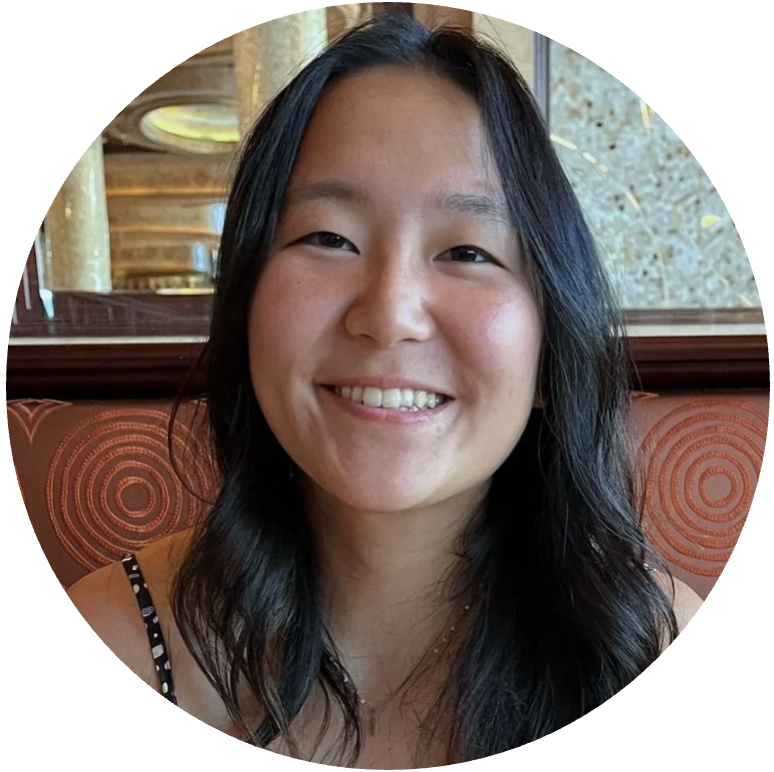
Emma Bi
Research Assistant
Emma graduated from UC Berkeley, where she double majored in Molecular and Cell Biology and Data Science. She is broadly interested in applying genomic tools to study neurological disorders. Previously, she worked in Barbara Meyer’s lab, where she used genomic tools to identify key genes involved in sex determination in C. elegans, and in Yang Dan’s lab where she studied how sleep deprivation affects neurotransmitter synthesis in catecholaminergic neurons. Outside the lab, Emma is also passionate about scientific writing, check out some of her essays here.
-
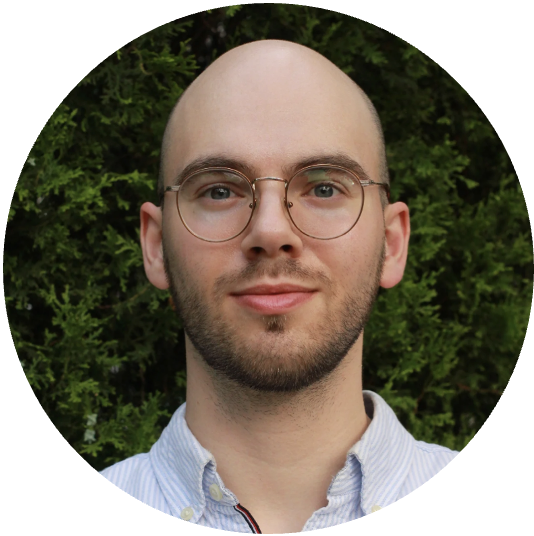
Owen Martin
LSRP
Owen earned his A.B. in Philosophy and Physics from Harvard in 2022. As an undergraduate, he developed computational pipelines to simulate galactic dynamics with Dr. João Alves at the Radcliffe Institute for Advanced Study. After graduation, he entered biomedicine by joining Dr. Nadia Alatrakchi’s lab at Harvard Medical School and Massachusetts General Hospital, where his bioinformatic analysis of single-cell sequencing data in fatty liver disease was published in Nature Immunology (2025). Outside of work, he reflects on the proverbial good life and prioritizes extra-professional study, piano practice, and wellness through meditation, exercise, and vegan home cooking.
-
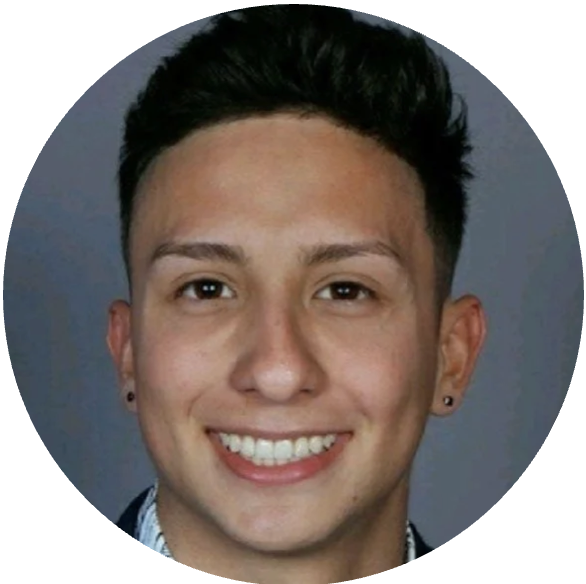
Eduardo A. Chaparro Barriera
PhD Student in Biophysics
Eduardo received his bachelor degree in Chemistry from the University of Puerto Rico–Mayagüez. His passion for neurobiology began as an AMGEN Scholar at UC Berkeley where, as part of Dr. Kumar’s lab, he studied the biophysics of neurofilament aggregation in disease states. Later, as a REACH Scholar at Stanford and in Dr. Zuchero’s lab, he studied myelin formation and compaction by combining exocytosis and calcium imaging. Outside the lab, Eduardo enjoys playing basketball and softball, and exploring new restaurants around the Bay Area.
-
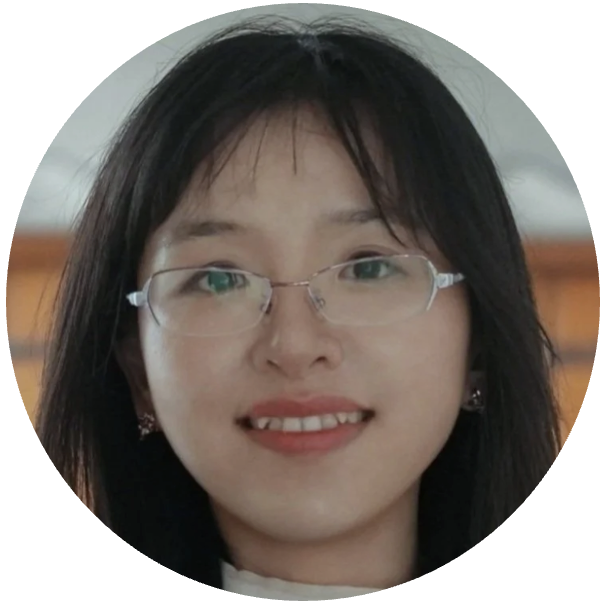
Ya Jiang
Postdoctoral Fellow
Ya earned her Ph.D. in genetics and molecular biology from Cornell University. She is broadly interested in how transcriptional and post-transcriptional mechanisms shape cellular function. Her previous work in Andrew Grimson’s lab identified transcriptional and epigenetic signatures that distinguish human adult and neonatal CD8⁺ T cells. There, she also contributed to the identification of microRNA target genes using PRO-seq and RNA-seq. Her goal is to better understand how these gene regulatory processes support neural plasticity and cognition.
-

Yue Sun
Postdoctoral Fellow
Yue is a collaborative postdoc from Kang Shen’s Lab at Stanford. She is broadly interested in ageing and neurodegeneration. Yue earned her Ph.D. in Biology from UC San Diego, where she trained in C. elegans genetics and neurobiology in Yishi Jin’s lab. There, she uncovered novel mechanisms regulating the stress-responsive DLK signaling pathway at the sensory endings of the nervous system. Outside the lab, she enjoys photography, visiting art museums, and playing badminton.
-

Chumo Chen
Master Student in Biomedical Data Science
Chumo earned his bachelor's degree in Molecular and Cell Biology from UC San Diego. Previously, he worked at Dr. Bing Ren's lab, where he used single-cell multiomics to study neurodegenerative diseases and aging. After graduation, he joined Dr. Joseph Ecker's lab at Salk Institute, where he generated multiomic datasets for BICAN.
-

Edith F. Zhou
Lab mascot
Hello! My name is Edith, and I was born in Sonoma, California, in June 2025. I am the mascot of the Fang Lab. My primary role is to provide emotional support, and bring smiles to lab members. I like apples, socks and making friends with humans of all ages.
Alumni
-
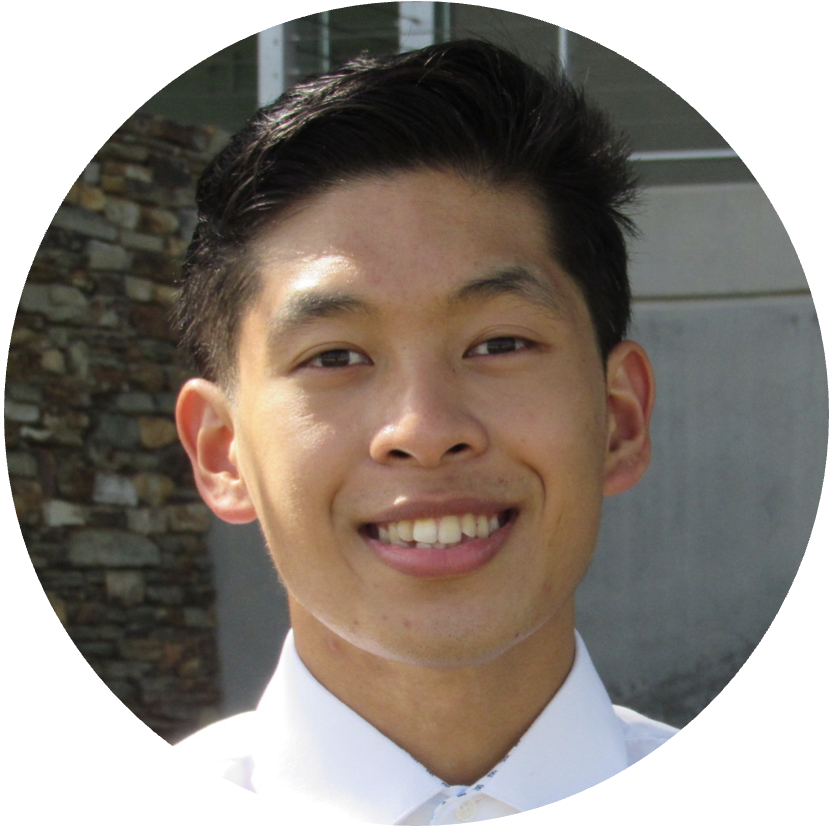
Aaron Alberto
Role: Lab Manager
Period: 2025-2025
Last Seen: N/A -
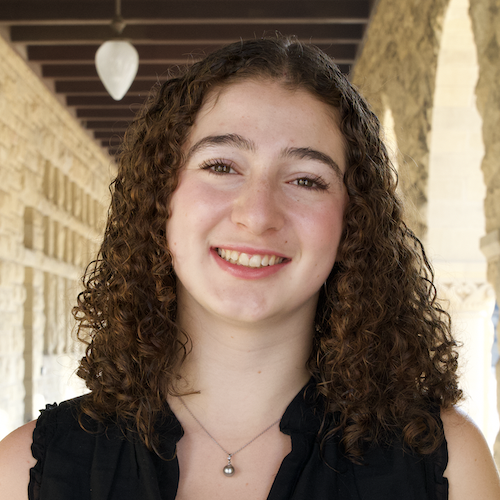
Rachel Youngwood
Role: Summer Intern
Period: 2025-2025
Last Seen: Undergraduate at Stanford University -
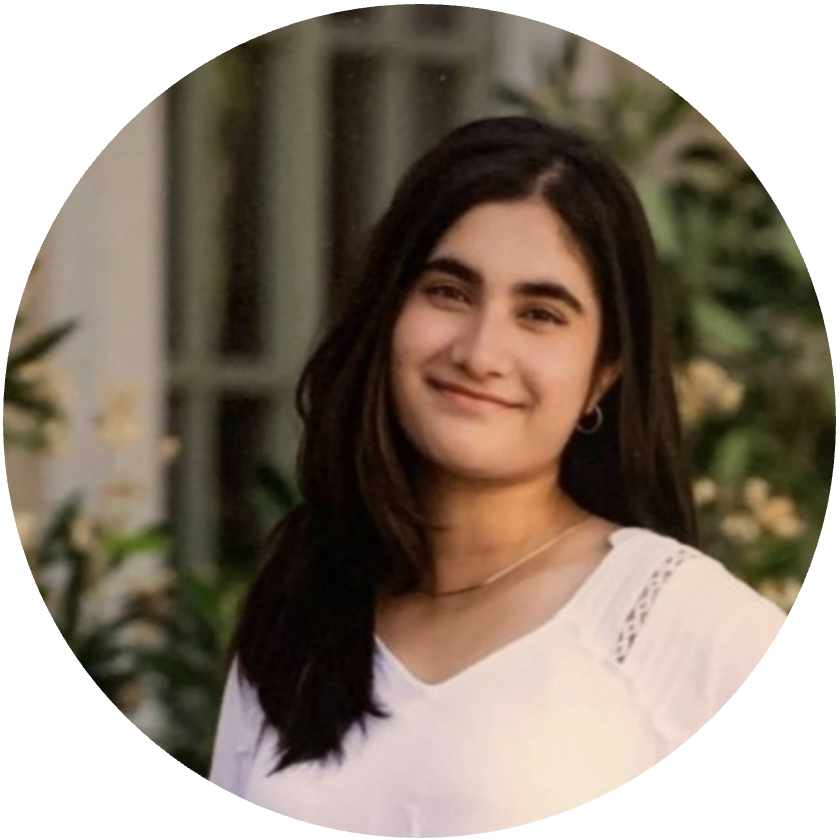
Salma Siddiqui
Role: Summer Intern
Period: 2025-2025
Last Seen: Undergraduate at Harvard University -
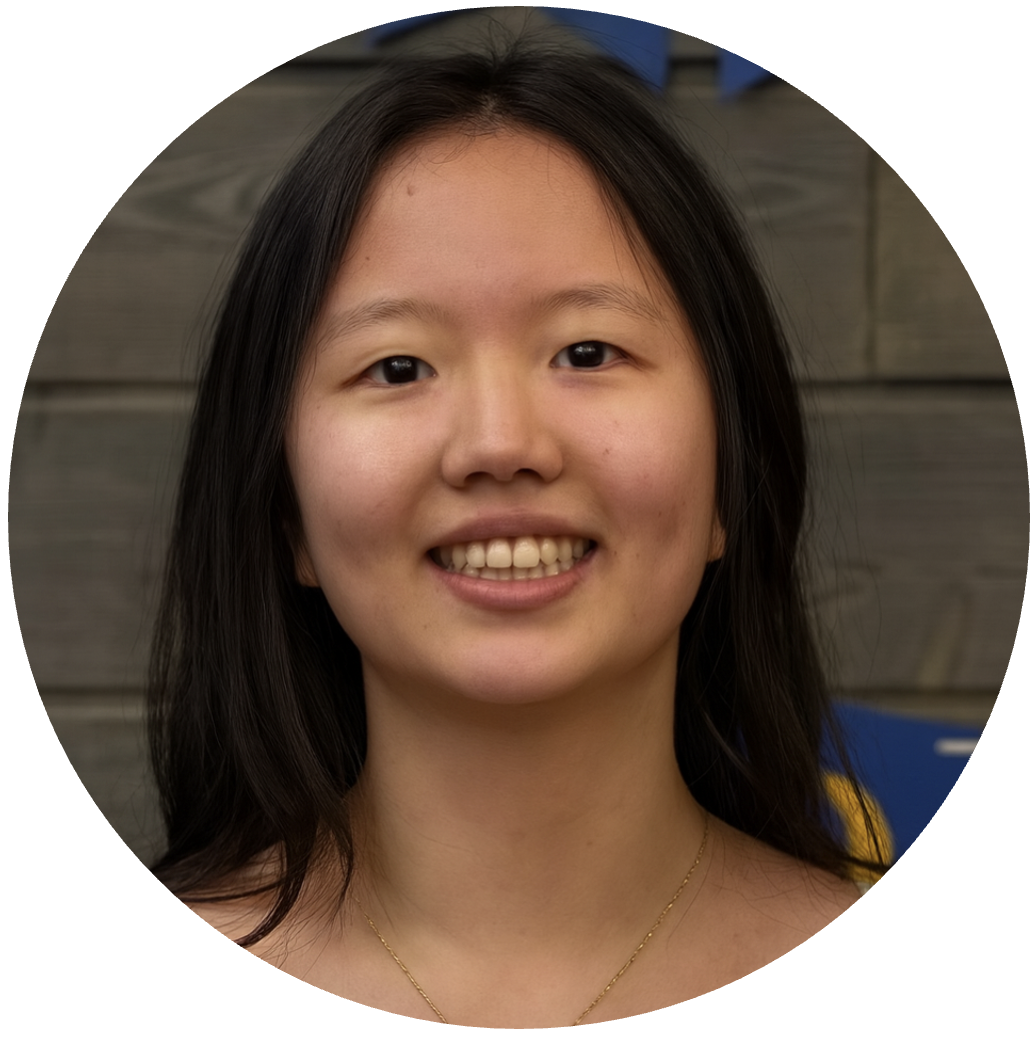
Asia Chen
Role: Undergraduate
Period: 2025-2025
Last Seen: Undergraduate at Stanford University
